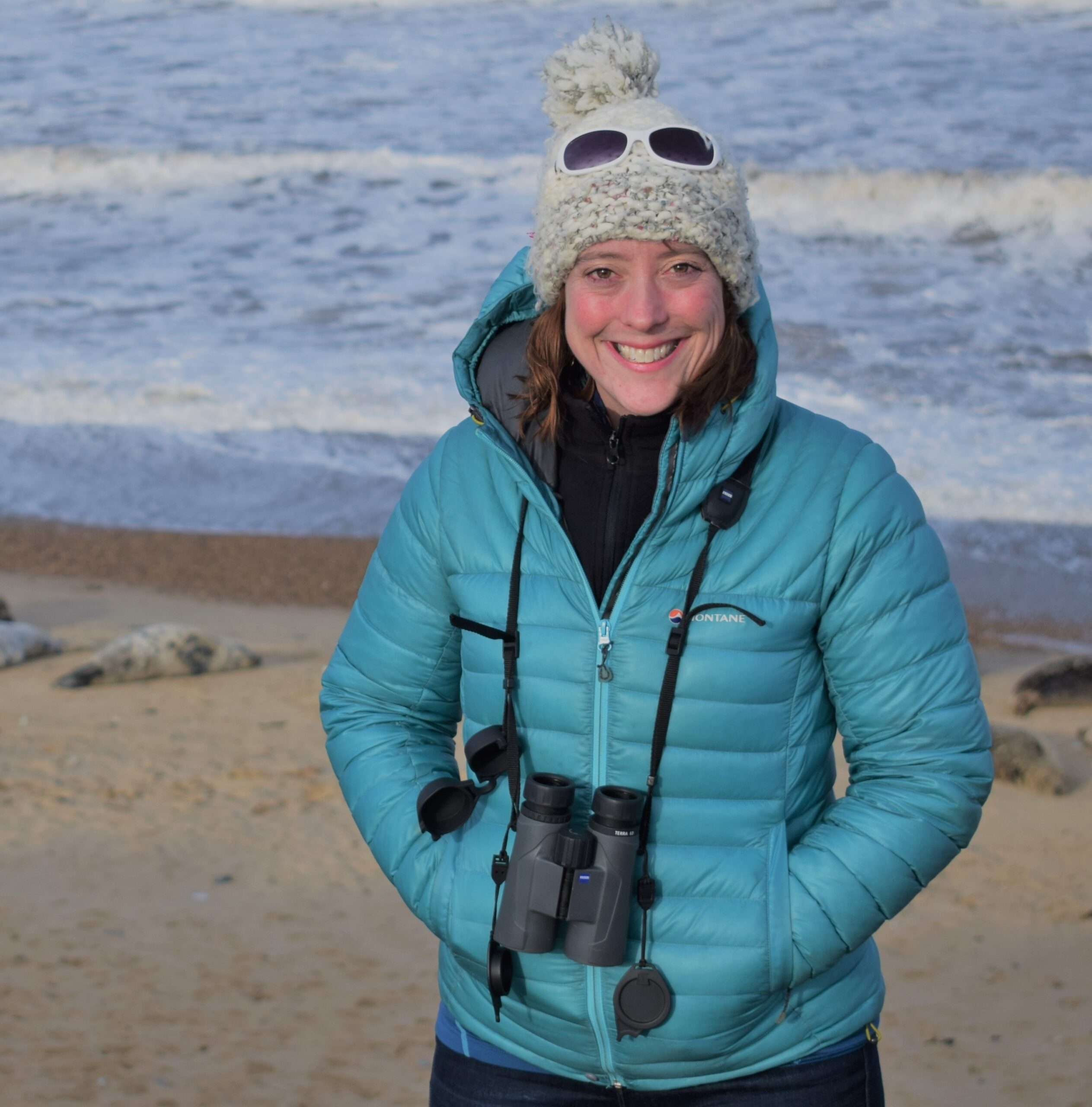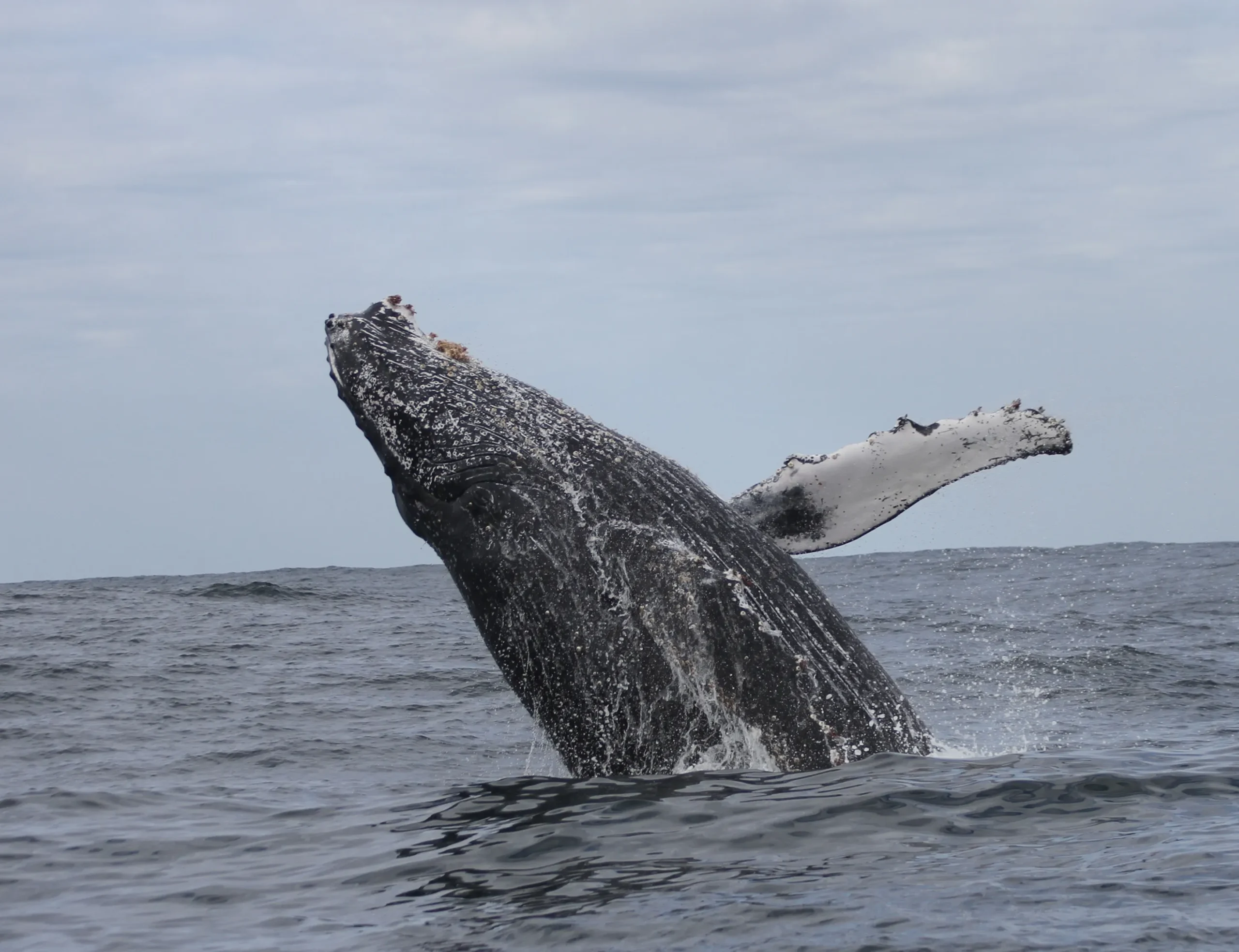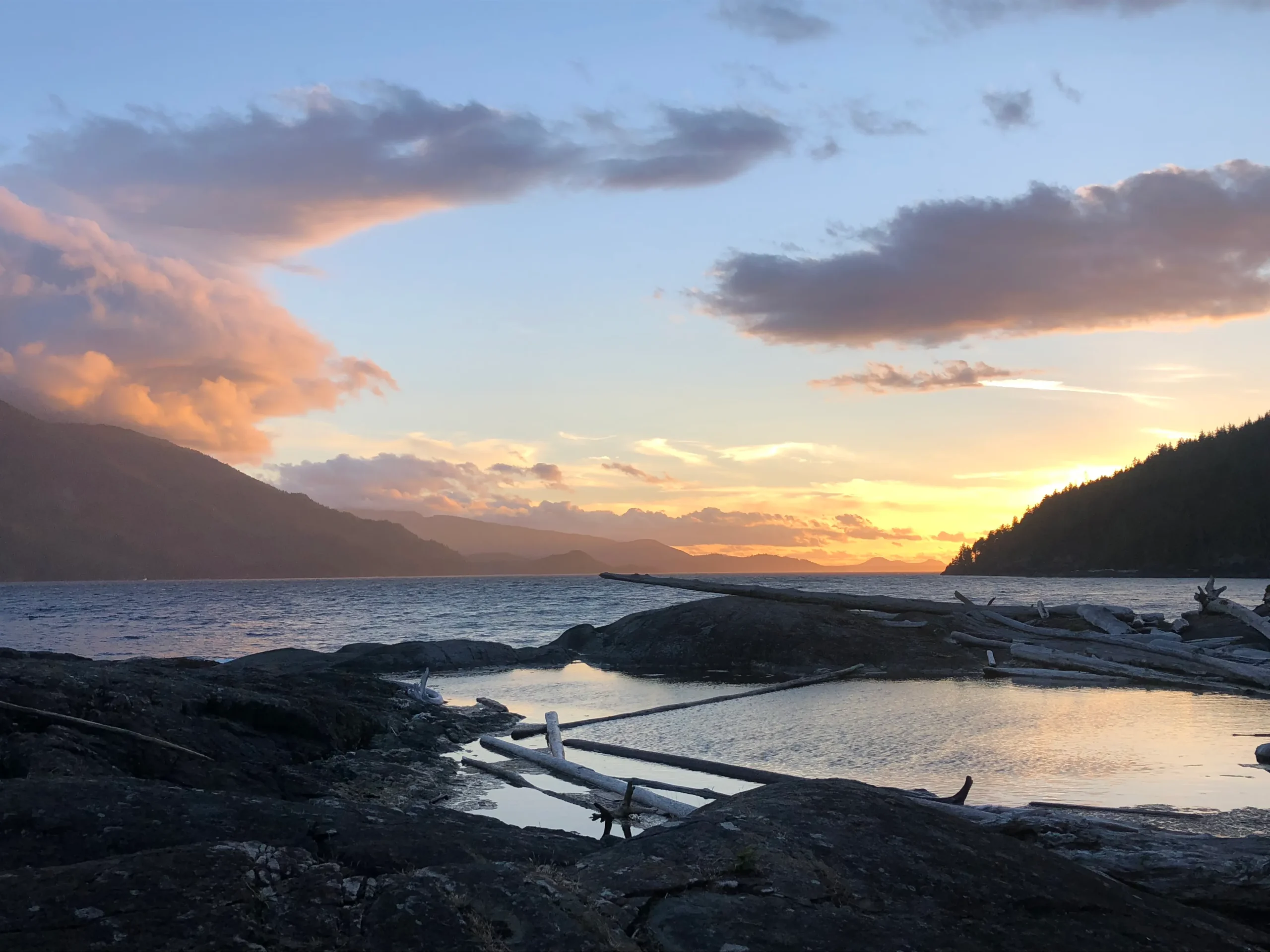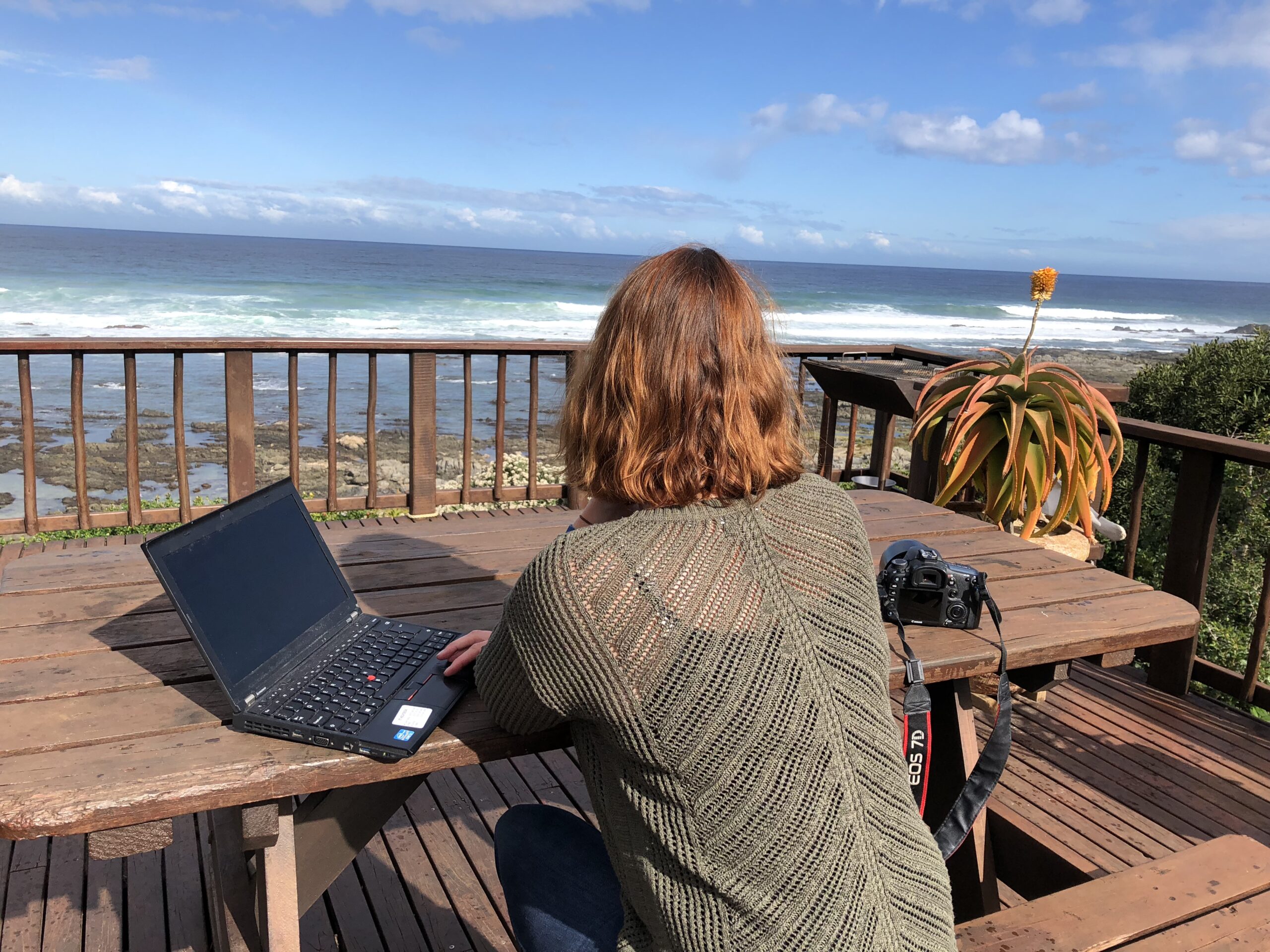The Churchill Fellowship is open to applications once more.
What is a Fellowship?
A Churchill Fellowship is a once-in-a-lifetime opportunity to lead the change you want to see. The Fellowship funds you to spend between 4-8 weeks meeting and learning from the innovators in your field anywhere in the world, in person or online. It then helps you to use and share that learning to make a difference in your community or professional sector in the UK.
Who can apply?
Churchill Fellowships are open to all UK adult citizens, regardless of background, qualifications or age. The Fellowship are looking for people with the passion and potential to make a real difference, from every part of society. A select few Fellows are chosen every year.
Ocean and Coastal Fellows
OCF is shining a light on Fellows who have had the opportunity to meet inspiring individuals and bring back insights for the benefit of the UK’s marine and coastal environment and people.
Our series of interviews highlights the Fellowship experience of Churchill Fellow Rebecca Walker. Rebecca is in conversation with David Tudor, another Churchill Fellow.
Rebecca, where did you travel and what did you study?
South Africa and Canada, with a brief weekend visit to the USA. I was looking at how different countries dealt with disturbance from wildlife tourism and wildlife/whale watching. We have no specific regulations that really address wildlife tourism, and it was a growing concern in my role at Natural England. However, at the time I was one of only two marine mammal specialists, and it wasn’t an issue we could dedicate time to, given statutory casework (i.e. advising on the environmental impacts of marine developments such as offshore wind) and other organisational priorities.
As such, it was a challenge to really have the headspace to think about how to address increasing disturbance issues, so the Fellowship was a great opportunity to take a step back and have a think, as well as see how other countries were addressing it. In terms of my approach, I wanted to take a top down (e.g. national policy) as well as a bottom up (e.g. local communities and education) approach in my discussions within both countries and ensure that knowledge fed through into overall recommendations for the UK.
In what way does the UK differ from the countries you visited?
The UK has no legislation or regulations specific to wildlife watching. We also do not have any permitting system for boat-based whale watching and as a consequence we have no idea how many operators we have, where they work, what species they target or even if they are trained. We do have voluntary codes of conduct in place and voluntary training (known as the WiSe scheme) and recently an English Code of Conduct was produced by Defra (recommendation number 1 from my report).
South Africa
South Africa is the opposite of the UK, with one of the strictest legislative frameworks for marine mammal watching in the world. Legislation was put in place in the late 1990s and requires boat-based whale watch operators to have a permit to operate legally. There are various criteria that need to be met to be allocated a permit, including detailing technical expertise and tourist education to be provided on board.
In addition, each operation is required to have a registered and accredited tour guide. Vessels need to be certified for whale watching and have a VMS (Vessel Monitoring System) in place (essentially a GPS system allowing the location and speed of the vessel to be monitored). If allocated a permit, there are also a number of conditions which must be met for the permit to be reissued. Relevant permit conditions include daily log sheets including data on animal location, species, number of animals and broad behaviour.
Conditions also specify interactions with animals, detailing how close a permit holder can approach various species of whale, dolphin and seal; the maximum time of interaction; the boat speeds at various distances from animals; how to approach the animals, as well as restrictions on revisiting the same group of animals and a maximum number of vessels within a certain distance of animals.
Canada
When I undertook my Fellowship, Canada had a broadly similar approach to the UK. There were general provisions in the Canadian Marine Mammal Regulations to prevent disturbance, but there was nothing specific concerning marine mammal watching. Only voluntary guidelines existed for marine mammal watching, which were not enforceable. However they were looking at bringing additional regulations in and I was interested in that process and how they had come to the decision that additional regulations were needed. The process started in 2012, but the amendments only came into force during 2018 – coincidentally, when I was in Canada for my Fellowship.
In addition, I wanted to learn more about management in the Saguenay-St. Lawrence Marine Park. Prior to the 2018 amendments, unique regulations, including permitting, had been implemented to protect the endangered population of beluga whales that live year-round in the St Lawrence estuary. The regulations were developed in consultation with the government, stakeholders and the general public.
They prescribe maximum speeds and approach distances to belugas, slow down zones for commercial shipping, and seasonal exclusion zones for certain recreational activities. There are research projects monitoring the belugas and various awareness-raising activities taking place in the region. I was interested in finding out more about the consultation to implement these regulations, the collaboration between government organisations and stakeholders, the awareness raising and what differences the management measures have made to the beluga population.
What impact do you think the Fellowship had? On you, your employer, UK marine management?
Personally, it had a big impact on my outlook and helped to refresh aspects of my work within Natural England (NE). It raised the NE profile nationally and internationally and provided some impetus in addressing disturbance from tourism. It took some time, but it also helped to kick off an English Code of Conduct (as mentioned previously, was recommendation number 1 from my report) which was recently published by Defra.
In what way/s was your employer supportive?
Luckily, the project directly related to my role. I made the business case internally, and NE were really supportive. They provided some special leave to allow me to take three weeks off (plus an additional weeks of annual leave), for both Canada and South Africa. As I knew quite far in advance what my travel dates were going to be, I could ensure that I had avoided key NE work periods, as well as arranged cover.
What did you gain from the experience professionally and personally?
I made and maintained some excellent connections with international government organisations, scientists and research organisations. The Fellowship allowed me to explore some of my recommendations with UK stakeholders and Government. It gave me confidence that I do have expert knowledge in my field, which I think made a difference in subsequent NE/UK marine mammal workstreams.
Personally, it was a wonderful opportunity to become enthused again, It refreshed my perspective and reinvigorated my passion for marine mammals. I think after several years of being entrenched in very challenging marine mammal casework, it allowed me headspace to take a step back and think about my role and its wider applications.
What was the highlight of your trip?
It’s so hard to pick a highlight. In South Africa I was able to reconnect with researchers and operators I’d met and worked with back in 2005 and it was lovely to revisit places I’d previously stayed at, as well as explore new areas and make new contacts and friends. I had a lovely moment on the decking of a whale watch operator’s house (see photo below) – he had a separate guest house with a couple of rooms and had offered me a room while I was there. I was writing up a blog and some notes, sitting in the sunshine, overlooking the ocean and as I looked out, I could see multiple whale blows from humpback whales as they migrated up the South African coast – literally my own personal slice of heaven! Oh to live there! In Canada, a special moment was seeing two pods (J and L pod) of the endangered Southern Resident killer whales while land watching one morning in the Lime Kiln State Park.
Are there any tips you’d give prospective Fellows?
Be really clear on the UK problem and how the various countries you’d visit will help provide solutions or evidence.
Work out the key connections, but be flexible in your planning to allow for unexpected contacts and additional meetings while you are travelling.
Build in rest and write up days – I didn’t have enough and I felt it.
If you can take some extra time for exploring – this is an amazing chance to travel and see a different part of the world. I wish I could have taken more than a week each time!
Carve out time to write up your report and push your recommendations. The real world comes back in quickly – if I hadn’t earmarked write up time, it might never have been done.
Would you recommend a Churchill Fellowship and why?
I’d 100% recommend a Churchill Fellowship. It’s an amazing opportunity to find solutions to UK issues that you are passionate about as well as give you a chance to travel to other countries, experience other cultures and immerse yourself in something you care about. It gave me an opportunity to grow in confidence and re discover my passion for marine mammals – I came back refreshed and ready to throw myself back into my Natural England role with a renewed sense of purpose.
Find out more
You can read more about Rebecca’s travels here and the report she wrote.
Further information about a Churchill Fellowship can be found here. This year’s application window is open until 12 November 2024.



